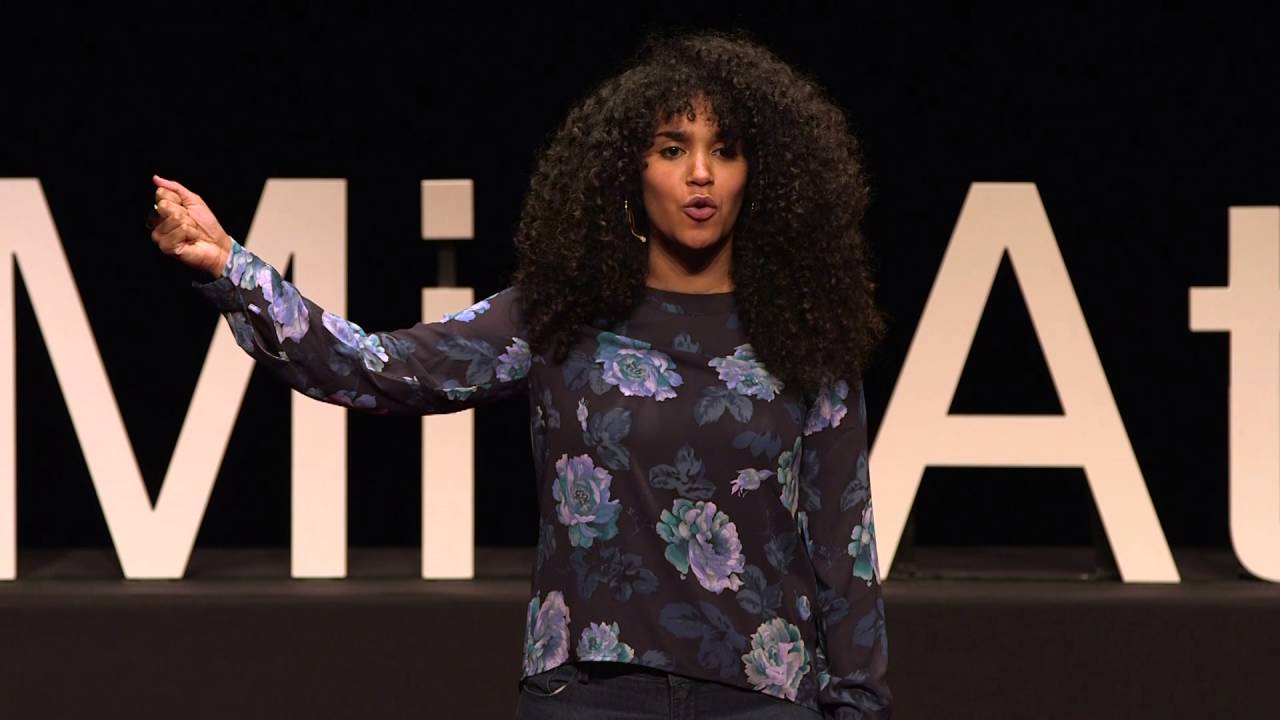
Elizabeth Acevedo's 'Afro-Latina' poem to celebrate Hispanic Heritage Month
Elizabeth Acevedo's poem, Afro-Latina, helps to recognize Afro-Latino belonging within the Hispanic or Latino concept.
Although it may not seem obvious to many, Afro-Latinos are part of the Latino/Hispanic community. With greater or lesser miscegenation, the Afro-Latino identity is a diverse one. There are probably as many nuances as there are people who recognize themselves as Afro-Latinos.
Although it is a "dual" identity at first glance, on the one hand it has the experience of being part of the African diaspora and at the same time it has a Latin or Hispanic cultural heritage.
To be Afro-Latin is culture, history, legacy and language; the confluence of different languages in the same territory, dance and rhythm; the history of the slave trade in Latin America; the culinary heritage that gathers Spanish, African and native customs of the continent.
RELATED CONTENT
The Afro-Dominican novelist, poet and performer, Elizabeth Acevedo, reminds us with her poetry, that Hispanic or Latinidad has nuances of diverse origins: Mayan, Inca, and African.
According to historian and academic, Anita Nadal, Hispanidad is not a race or a unique community of people, Hispanics or Latinos can be white, Afro-descendant, indigenous or Asian, any of these races or a mixture of several. The problem with the concept is that it tends to unify all of us who come from the global south, thus losing the nuances of the continent.
In a 2014 National Survey of Latinos conducted by the Pew Research Center, a quarter of U.S. Hispanics identify themselves as Afro-Latino. It seems to be a little clearer that "Africans and their descendants have been victims of slavery and racism, but also architects of their history and have contributed to the development of Latin America," said Nadal.
The historian will hold a discussion on "Afro-Latinx in Richmond" at a VCU Office of Multicultural Student Affairs virtual event on Sept. 22 at noon as part of National Hispanic Heritage Month.











LEAVE A COMMENT: